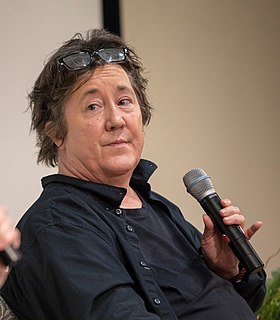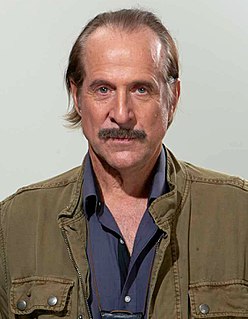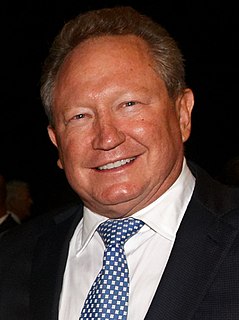A Quote by Christine Vachon
I think that when you're doing an under-four-million-dollar movie, you just can't throw money at the problems.
Related Quotes
At the end of the day, it's all one version of telling a story. I treated this as if it was a two million dollar independent film. I did a lot more physical work than I'd probably have to do for a two million dollar independent film with four months of training and stuff. But as far as the character's psychology or emotional life goes, I treat it just the same.
The idea of a company that's earning money, not losing money, that's not, let's say 'industrially endangered,' to have just cutbacks so they can earn another $12 million or $20 million or $40 million in a year where no one's counting is really a horrible act when you think about it on every level. First of all, it's certainly not necessary. It's doing it at the worst time. It's throwing people out to a larger, what is inevitably a larger unemployment heap for frankly no good reason.
Yes, you can have art films about the triumph of the human spirit and all of that, but you'll have it done with a big-budget icon with a $20 million salary. You'll have Julia Roberts, you'll have Robert Redford, you'll have Russell Crowe doing those films, because if they're going to cost $90 million, they're going to make that movie for a public that's very large and mainstream. They're not going to make it for three or four million black people.




































